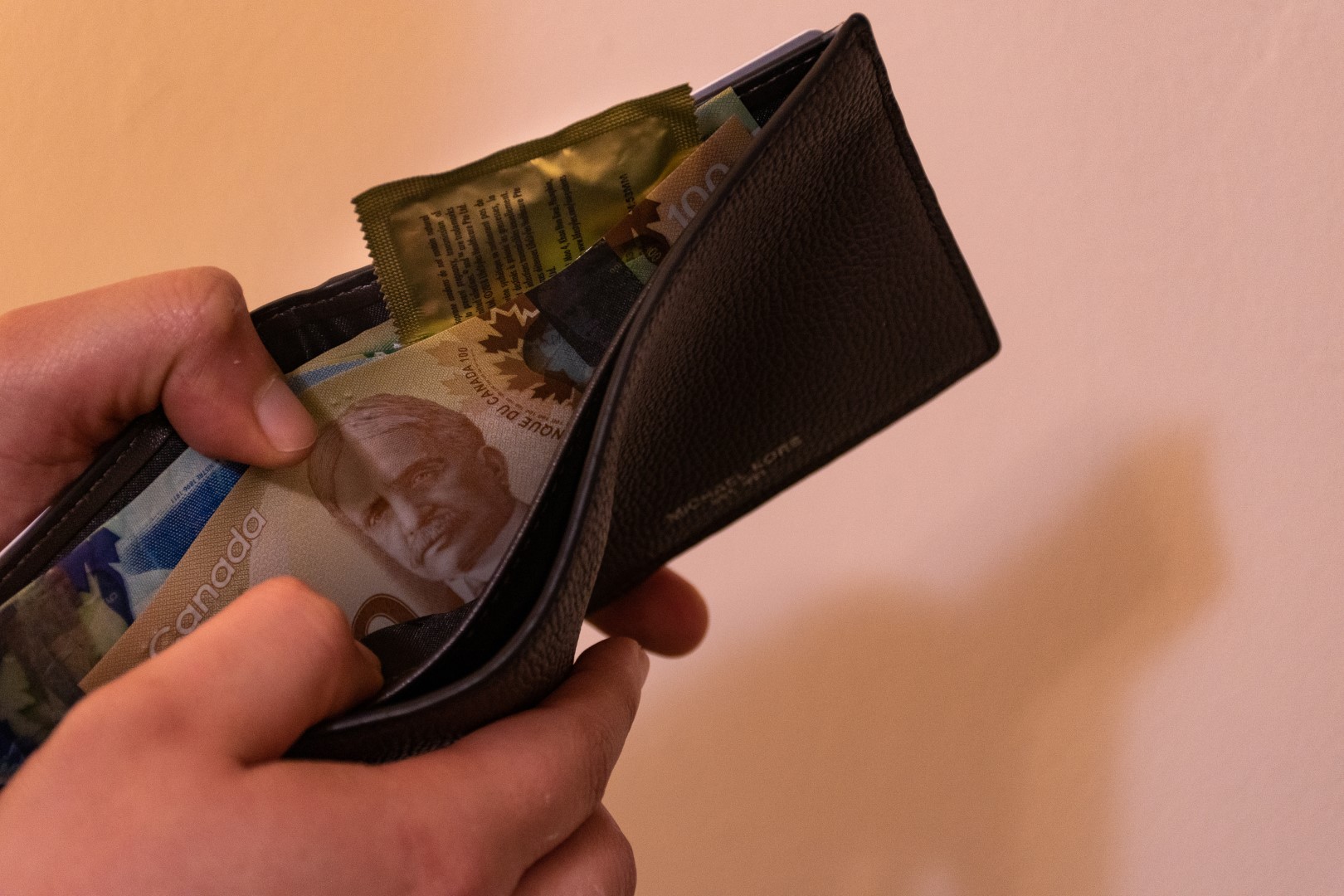
What support do sex workers have during this pandemic?
By Jessica Berget, Assistant Editor
Sex workers feel they have been left out of the COVID-19 support and response, and this is especially true for male sex workers as most sex work support programs focus on women.
To balance the inequality of research into men’s health and sex work (a field in which men are underrepresented), the Vancouver based Centre for Gender and Sexual Health Equity (CGSHE) is conducting research on the health and safety of men who do sex work. They claim that research into both men’s health and safety as well as sex work is underrepresented, which is why they are doubling down and studying both in the Vancouver area. The study will explore what issues men in sex work face and the impact of the current laws around sex work.
This is something Greg Oudman, Executive Director of Health Initiative for Men (HIM), is passionate about. He explains to the Georgia Straight in July 2019, “People assume that guys who are involved in sex work aren’t vulnerable to the power imbalances that women who are involved in sex work are vulnerable to, and I don’t think that’s the case.”
A previous study from 2007 recognized the absence of support services and resources for male sex workers. This issue launched Hustle: Men on the Move at the PEERS Vancouver Resource Society—a support program in Vancouver dealing with male and transgender sex workers (HIM adopted the program in 2012). The program helps find other work for people looking to get out of sex work and focuses on education about male sex work stigmas. In 2015, UBC did a study that found the biggest issue for male sex workers was not other clients, but from within and outside of gay communities.
The current pandemic has been a hardship for many sex workers who have lost their income and feel they have been left out of the COVID-19 support and response, and this is especially true for male sex workers as most sex work support programs focus on women. However, there have been many new developments in Vancouver to aid sex workers during this time. On February 2, CBC reported that a “bad date reporting system” is in works and will be available province-wide for sex workers to report violent clients or to see if any potential clients have “red flags.”
On September 30, CBC also reported that a 24/7 shelter for sex workers will be opening in the Downtown Eastside run by WISH Drop-in Centre Society, but is only available for women. There are currently no shelters in Vancouver for men, although the company WISH works with a West End organization to support them with a drop-in centre for men.
